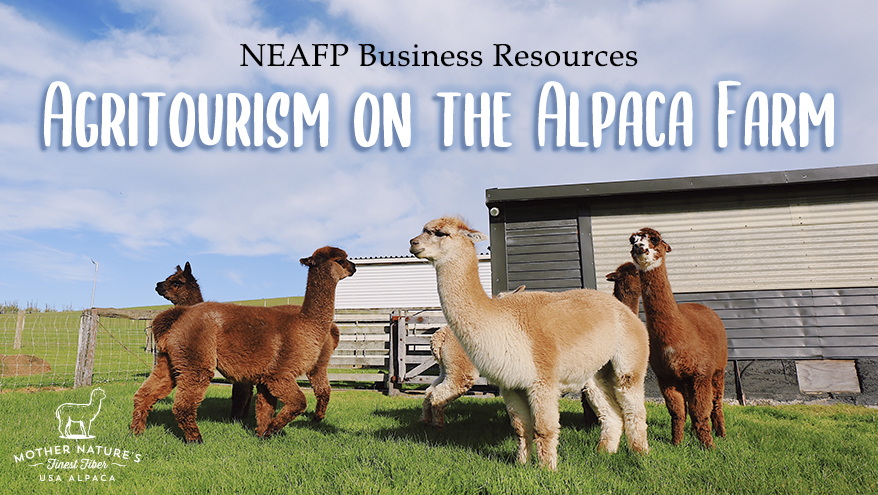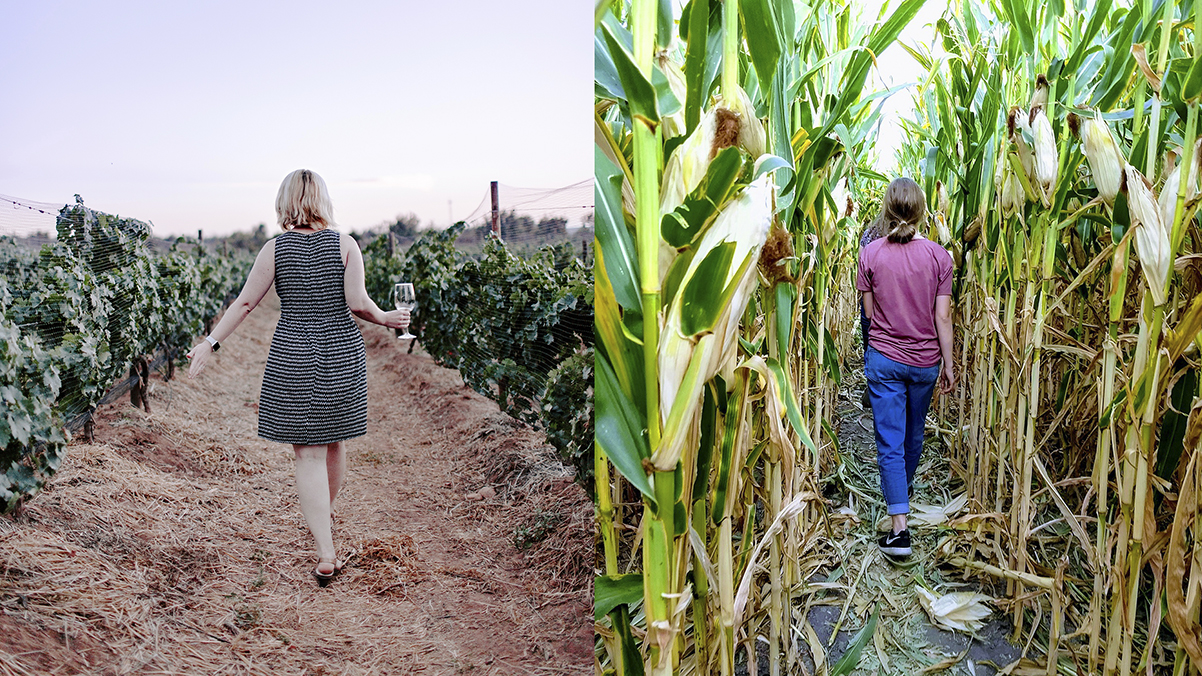Recent Blog Posts
-
10/10/2025VIDEO: How often does a Survival Sock get knit at NEAFP?
-
09/12/2025NEW Downloadable Content: Alpaca Dinner Time Coloring Page
-
08/15/2025Reviews: What People are Saying About Bouclé Lined Mittens!
-
08/15/2025Get Ready for NAFD! 5 Ways to make the most out of your Open House!
-
06/26/2025NEW Downloadable Content: Find the Difference Activity Page
-
04/25/2025VIDEO: Take a Virtual Tour of our Mill!
-
01/17/2025Reviews: What People are Saying About The Survival Sock!
-
09/13/2024Download A Free Handwear Informational Print Out!
Alpaca Coloring Pages
- Happy Memorial Day 2024: Alpaca's Grazing
- Winter #1: Build a Snowman Activity
- Winter #2: Extreme Sports
- Valentine's Day: Alpaca Wedding
- St. Patrick's Day: Leprechaun
- Spring: April Showers
- Summer: Beach Day
- 4th of July: Colonial Alpacas
- Summer: Farmer's Market
- Fall: Apple Picking
- Halloween #1: Costume Contest
- Halloween #2: Spooktacular Halloween
- Thanksgiving #1: Giving Thanks Activity
- Thanksgiving #2: Pilgrim Alpacas
- Christmas #1: Deck the Halls
- Christmas #2: Santa's Workshop
Alpaca Fact Series
Business Resources
- Article: Email is still a MUST DO for all Alpaca Farms
- Article: Off the Beaten Path Event Ideas on the Alpaca Farm
- Download: Sock Photo Download Folder
- Graphics: Shop Small this Holiday Season
- Article: Form Follows Function: Dressing for Fall and Winter 2020
- Graphics: Sock and Handwear Comparisons
- Article: A Change in the Seasons: Farms Continue to Adapt into the Busy Harvest Season
- Graphics: How to Support Alpaca Farms
- Graphics: Alpaca Fiber Properties
- Article: Customer Retention: Building Customer Loyalty for your Ecommerce Business
- Article: Harnessing Storytelling to Market Your Business
- Article: The New Normal and a Renewed Support for U.S. Alpaca
- Article: Use Gift Cards to Increase Sales
- Article: Virtual Farm Tours: Bringing People & Alpacas Together in the Virtual World
- Graphics: Get the Most out of your Fiber Harvest
- Graphics: Alpaca Knitter's Yarn Guide
- Article: Mike and Sean's Adventure in Retailing
- Article: Harnessing Holiday Sales Momentum into the New Year
- Graphics: U.S. Alpaca Holiday Gift Guide
- Graphics: Small Business Saturday Resources
- Article: Tools and Topics for Implementing Healthy Soil Agriculture
- Article: Successful Social Media Marketing for Alpaca Farms
- Article: Agritourism on the Alpaca Farm
- Article: Finding Success at Fall and Winter Markets
- Article: Brand Identity & Your Local Community
- Article: Social Media: Alpacas are STILL Seriously Trending
- Article: Let's Get Personal: Expanding your Inventory with Product Personalization
- Article: Part 2: Promoting your Brand Online through Product Styling
- Article: Promoting your Brand Online through Product Styling
- Article: 7 Old School Ways to Spread the Word about your Event
- Article: 5 Ways your Open House can increase Future Sales
- Article: Top Alpaca Related Hashtags to increase your Reach!
- Article: Alpacas are SERIOUSLY Trending
- Article: How to Utilize CO-MARKETING
- Article: Farmers Share their Booths and Tips
- Article: Mobile Payment Survey Results
- Article: Product Photography Do’s and Don'ts
- Article: Driving Business After the Holidays
- Article: Marketing Reflection and Planning
- Article: The Slow Alpaca meets Slow Fashion
- Article: Use Gift Cards to Increase Sales
- Article: The Importance of Being Mobile Friendly
Article: Agritourism on the Alpaca Farm
Is it worthwhile for you to use your farm for agritourism experiences? Opening your farm up to new entertainment, recreational, and educational activities may create a new revenue stream that bolsters visitation to your farm and sales of your products.

Defining Agritourism and Similar Value-Added Enterprises
You likely already engage in some forms of agritourism, if you host holiday open houses or participate in the annual National Alpaca Farm Days. Many visitors simply yearn for an authentic farm experience, and opening your farm by appointment or on particular occasions to share your work with the public is the simplest form of agritourism. Might it be time to add some alternative enterprises to the farm?
What are alternative enterprises? According to the Southern Maryland RC&D Board's guide "Taking the First Step,"
Alternative Enterprises are "marketing an existing farm or ranch product differently, adding value before it is sold, or adding a new enterprise (product or service) to existing enterprises on the farm or ranch. Also referred to as enterprise diversification. Besides the production of food and fiber, alternative enterprises include the following activities:
• Agritourism - Inviting the public onto a farm or ranch to participate in various activities and enjoy an agricultural experience. Agritourism enterprises include bed and breakfast, for-fee fishing or hunting, pick-your-own fruits/ vegetables, corn mazes, farm markets, and much more.
• Agritainment - Providing the public with fun on-farm or on-ranch activities. Such activities include haunted houses, mazes, miniature golf, yoga, horseback riding, hayrides, and the like.
• Agrieducation - Formal and informal education about agriculture through signage, tours, hands-on classes, seminars, and other methods."

What are some examples of successful agritourism ventures? Vineyards offering tastings and events like concert series have become extremely popular, especially when included in a regional "wine tour." Corn mazes and pumpkin patches remain a fall favorite. Don't forget the cider donuts at the end!
Agritourism as a Source of Revenue
If you are planning to host an event or recurring series of events on your farm to attract tourists, consider the many possible income streams. Many of the above activities are now lumped into the term “agritourism.” Whether you choose to charge an admission fee, or charge for activities onsite, there are numerous ways to build value into the experience. You may choose to charge a small fee to feed the alpacas or take a hayride, for instance. Some farms provide tastings or sell produce or food grown onsite, while others choose to be full fledged bed and breakfasts! Regardless, as an alpaca farmer, you will probably find that a gift shop for selling alpaca products will be central to your farm’s success.
.jpg?1567788176276)
Perhaps your farm is the perfect event space for weddings and private events? A picturesque landscape might make it the ideal backdrop for photographers willing to rent it out as well. Other farms have had success hosting picnic suppers for the community.
Challenges of Agritourism
Opening up your farm to visitors means that you must also manage visitor expectations. If you have open hours, visitors will expect you to be open during that time. Farms can be inherently hazardous, so it is important to prepare your site for visitors, complete with signs and fencing if necessary. Visitors will likely expect ample parking and bathroom facilities, so if you’re putting on a larger event or expect sustained visitors throughout a season, it may be worthwhile to rent a portable toilet.

Having clearly demarcated areas for visitors is one way to keep your animals and guests safe while on the farm!
The Risks of Agritourism
Despite the benefits of broadening your offerings beyond open houses, engaging in agritourism require careful pre-planning prior to planning your events. Before embarking on any agritourism ventures, understand any risks or liabilities. Does your insurance cover accidents and injuries that take place during non-farm related events? You could also run into a zoning conflict, or may be required to obtain a permit or variance, such as an event permit if you hope to use your farm for recreational or educational activities. Financially, engaging in certain forms of agritourism can complicate taxes, and if your farm has employees, using your facilities for agritourism can also alter your compensation requirements.

Make sure you understand the potential financial risks and other conflicts that may arise before you invest in an agritourism venture.
Interested? Learn More about Agritourism
If you're interested in learning more about adding alternative enterprises to your farm, participating in National Alpaca Farm Days this September is a great way to start, by demonstrating activities that you're already doing on a daily basis. Invite the public to your farm to purchase products, interact with the animals, and tour your farm. If you're able to, offer demonstrations on alpaca care and management, and hands on activities for kids and adults alike. If you find that you're successful, why not investigate the possbility of making your farm an agritourism destination!

Agritourism Resources: http://tioga.cce.cornell.edu/for-farmers/agritourism
Getting Started in Agritourism: http://senecacountycce.org/resources/getting-started-in-agritourism
Considerations for Agritourism Development: http://senecacountycce.org/resources/considerations-for-agri-tourism-development
Taking the First Step: http://senecacountycce.org/resources/taking-the-first-step-farm-and-ranch-alternative-enterprise-and-agritourism-resource-evaluation-guide
FAQ: Agritourism on your farm: https://smallfarms.cornell.edu/2019/04/faq-agritourism-on-your-farm/
We hope that these Business Resource Blog Posts have been helpful. Is there a topic you'd like us to cover in a future post? Write to us at support@neafp.com

